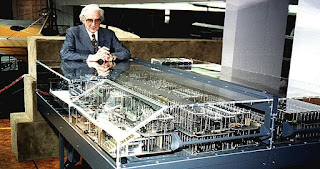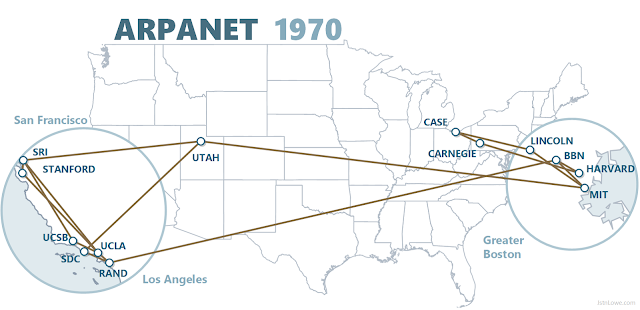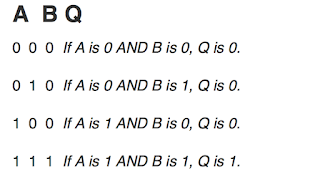Entry 1 - Charles Babbage: The Father of Computing
Description of Topic
Born in December 1791 in London England, Charles Babbage was a brilliant mathematician, philosopher and engineer. Growing up in the late 1700s and early 1800s, it was clear that Babbage was a genius from an early age as "he found that his mathematics professors [at Cambridge] actually knew less than he did" ⁴. A "renaissance man" of his time, Babbage crossed paths with many different famously brilliant english scholars in his lifetime, including Charles Dickens and Charles Darwin. However, Babbage's most significant contribution to the scholarly world was his complex "difference machine," which is often cited as an early ancestor of the modern computer. Babbage's innovative creation allowed him to be labeled as "The Father of Computing" ⁵ as he was the first man to create anything resembling a modern computer. Despite being recognized as an early computer, the machine was a calculator of sorts, accepting input and automatically creating an assortment of numerical tables that were also stored by the machine for later use ³. These tables are those that are modernly used in navigation and in astronomy. Babbage spent upwards of 30 years creating and amending his design for the difference machine, although he never saw it built in his lifetime. He lived to see a small part of the original engine built, which he used to demonstrate its functionality, but he was never able to see his later designs of the machine come into reality. The machine was finally created in London in 2002, over 150 years after it was first designed, weighing over five tons and spanning 11 feet in length. It is just as Babbage had originally envisioned it, and is fully functional.
Relation to Computer Science
Although Babbage's difference engine was essentially just a design for a massive calculator, it represented much more than that to the world of computing. There had never been any mechanical machine designed prior to Babbage that could perform any sort of computations. It was the first step to creating computers that could do things far more complex than the difference engine. The engine used an algorithm called divided differences, a method of calculating the value of a polynomial function. Algorithms are key to computer science, which has been described as "the study of algorithms." Babbage was able to mechanize the implementation of this mathematical algorithm, so it is not a stretch to say that his difference engine was an early computer, and that Babbage himself was a computer scientist. His discoveries led to further research and experimentation in the field of computing, which eventually led to the first modern computer. Without Babbage, these innovations may not have been reached as quickly, and therefore he is "The Father of Computing." ⁵
References
1: “Charles Babbage.” Wikipedia, Wikimedia Foundation, 19 Oct. 2017, en.wikipedia.org/wiki/Charles_Babbage.
3: “How It Works: The Babbage Engine.” Computer History Museum, www.computerhistory.org/babbage/howitworks/.
4: Park, Edwards. “What a Difference the Difference Engine Made: From Charles Babbage’s Calculator Emerged Today’s Computer.” Smithsonian.com, Smithsonian Institution, 1 Feb. 1996, www.smithsonianmag.com/history/what-a-difference-the-difference-engine-made-from-charles-babbages-calculator-emerged-todays-computer-109389254/.
5: “Who Was Charles Babbage?” Charles Babbage Institute: Center for the History of Information Technology, University of Minnesota, 9 Feb. 2016, www.cbi.umn.edu/about/babbage.html.



Comments
Post a Comment